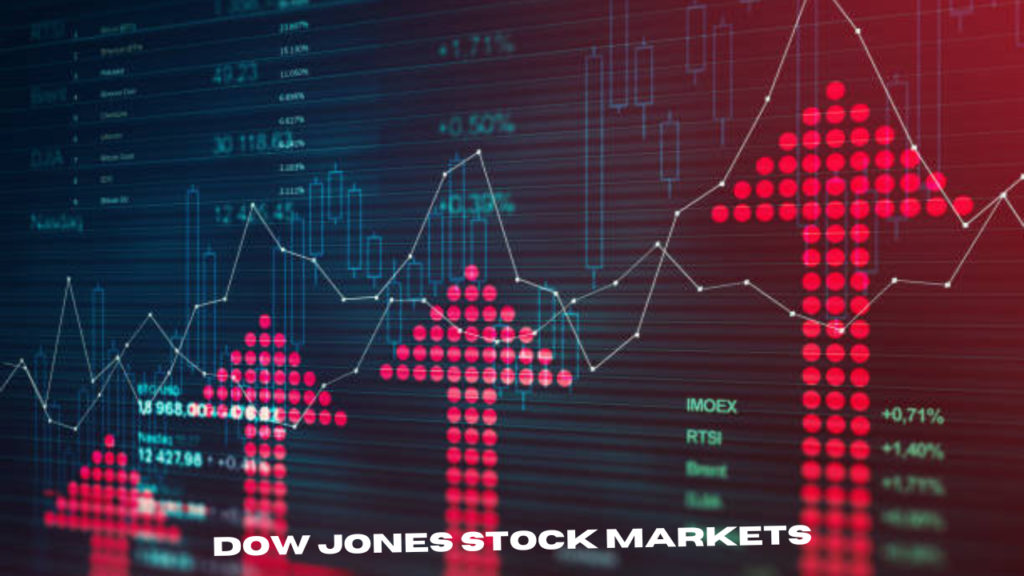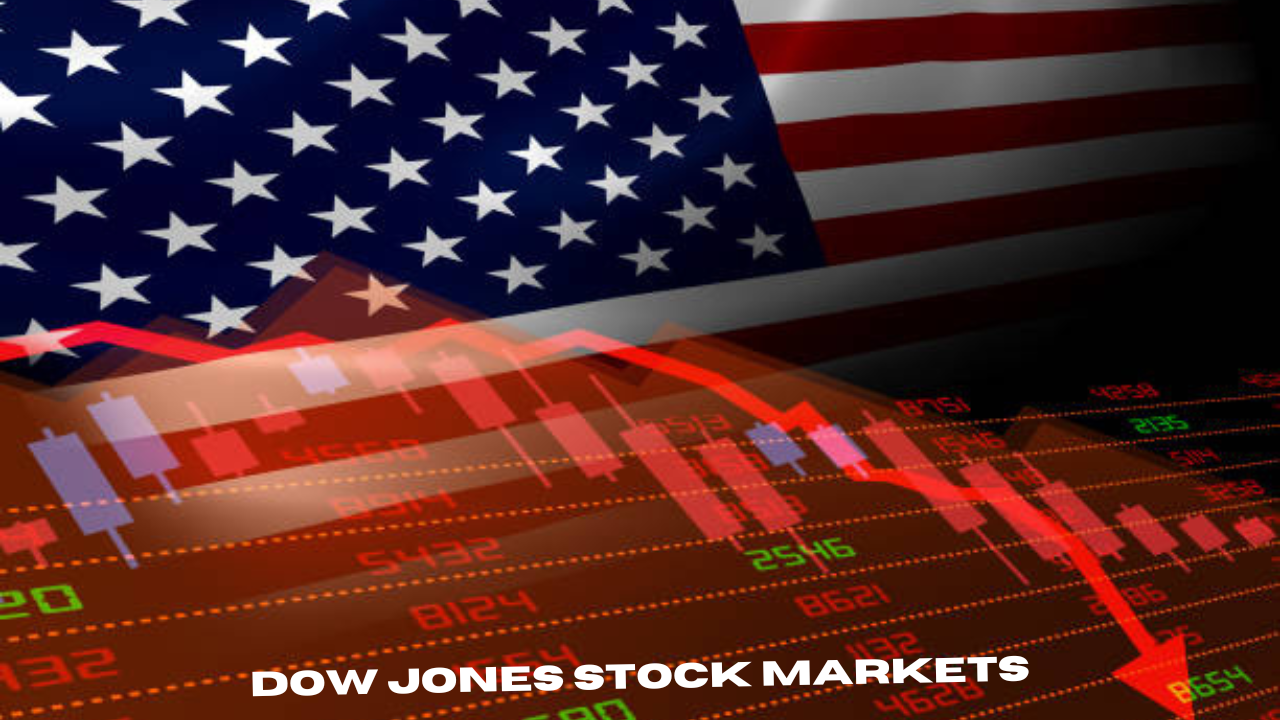The Dow Jones stock markets represent one of the oldest and most followed financial indicators globally. But what exactly does this term mean, and why does it matter to investors, economists, and anyone interested in the stock market? This article aims to provide a detailed and informative review of the Dow Jones stock markets, highlighting its key aspects, importance, and limitations. Let’s dive in.
What is the Dow Jones Stock Markets?
The Dow Jones stock markets, more formally known as the Dow Jones Industrial Average (DJIA), is a price-weighted stock market index. The DJIA tracks the performance of 30 large, publicly traded companies in the United States, carefully selected to represent significant sectors such as technology, finance, healthcare, and consumer goods.
These companies, often household names, are considered leaders in their respective industries and play a crucial role in the U.S. economy. The Dow Jones stock markets are not just an economic indicator but also a reflection of the overall health and performance of the U.S. stock market.

A Price-Weighted Index
One of the defining characteristics of the Dow Jones stock markets is its price-weighted methodology. This means that the weight of each stock in the index is determined by its price. In simpler terms, the higher the stock cost, the greater its influence on the index.
While this price-weighted method is simple, it has drawbacks. It can result in higher-priced stocks dominating the index, even if they don’t have as large a market capitalization as other companies. This bias is one reason why the Dow Jones stock markets may not always accurately reflect the overall market.
The Importance of the Dow Jones Stock Markets
- Market Indicator
The Dow Jones stock markets serve as a vital barometer for the health of the U.S. stock market. When the Dow rises or falls, it often signals broader economic trends. Investors, analysts, and even the public pay close attention to its movements because it gives insight into the general direction of the economy.
- Investment Benchmark
For many investors, the Dow Jones stock markets act as a benchmark to evaluate the performance of their portfolios. If an investor’s portfolio is outperforming the Dow, it’s a sign that they are doing well. On the other hand, if their investments are lagging, it may indicate that adjustments are needed.
- Global Recognition
With its long history, the Dow Jones stock markets has become one of the most recognizable indices globally. Whether you’re reading the financial news or following the stock market, the Dow’s performance is often front and center, providing immediate insight into the state of global markets.
- Historical Significance
The Dow has been around since 1896, making it one of the oldest stock market indices in the world. Over the years, it has adapted to economic and stock market changes, cementing its status as a historical and reliable market indicator. This long history adds to its credibility and makes it a trusted source of information.
Who are the companies in the Dow Jones stock market?
The companies in the Dow Jones stock markets are carefully selected based on their size, influence, and the sector they represent. Currently, the index consists of a mix of companies from various industries, such as:
- Technology: Companies like Apple, Microsoft, and Intel.
- Healthcare: Firms like Johnson & Johnson and Merck.
- Finance: Leading banks like Goldman Sachs and JPMorgan Chase.
- Consumer Goods: Giants like Coca-Cola and Procter & Gamble.
These 30 companies are known for their stability and impact on the broader economy. They drive the U.S. stock market and play a key role in shaping global financial markets.
Limitations of the Dow Jones Stock Markets
Despite its importance, the Dow Jones stock markets are not without limitations. Here are a few to consider:
- Price-Weighted Bias
As mentioned earlier, the price-weighted nature of the index means that higher-priced stocks can have a disproportionate impact on the index. For instance, a $500 stock can affect the Dow more than a $50 stock, even if the latter has a larger market capitalization. This bias can distort the index’s overall value, making it less reflective of the broader market.
- Limited Representation
The Dow Jones stock markets only include 30 companies. While these companies are large and influential, they do not represent the full spectrum of industries or significant sectors of the U.S. economy. Other indices, such as the S&P 500, include a broader range of companies, offering a more comprehensive market view.
- Vulnerability to Major Events
Because the Dow Jones stock markets track a small group of companies, it can be more sensitive to significant events affecting those companies. For example, if a large company within the index faces a crisis, it could significantly impact the Dow, even if other sectors of the economy are performing well.
How Can You Use the Dow Jones Stock Markets?
For investors, the Dow Jones stock markets can serve as a benchmark for performance. Many use the Dow to assess how their investments are doing relative to the broader market. Additionally, some investors choose to invest in exchange-traded funds (ETFs) or mutual funds that track the Dow, allowing them to gain exposure to a diversified portfolio of large-cap U.S. stocks.
Furthermore, economists and market analysts often use the Dow Jones stock market as a leading indicator for predicting future market trends. They can gauge investor sentiment and overall market conditions by closely monitoring the index’s movements.

Climax: The Role of the Dow Jones Stock Markets in the Modern Economy
The Dow Jones stock markets hold significant importance as a representation of U.S. economic health. Whether you’re an investor, economist, or simply someone interested in the stock market, understanding the nuances of the Dow can provide valuable insights into how the market functions.
Despite its limitations, such as its price-weighted nature and limited representation, the Dow Jones stock markets remain a widely recognized and influential market index. As a tool for assessing the economy and the stock market, it provides essential information for anyone looking to stay informed about global financial markets.

















































